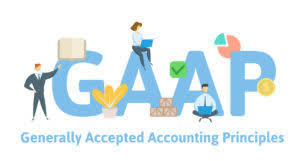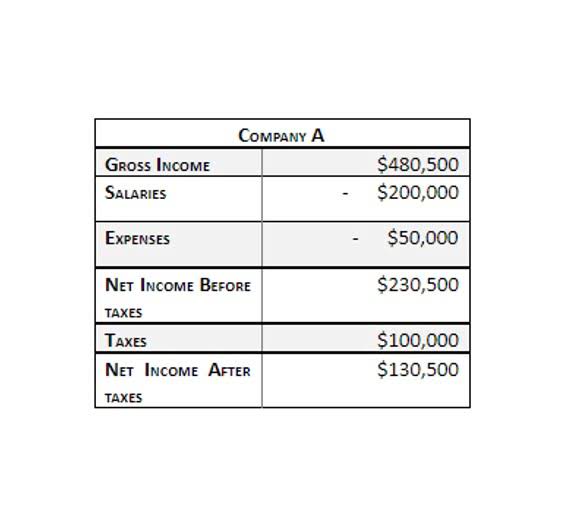
Real-time access to financial data stored on a blockchain can simplify audits and ensure compliance with regulations. This could lead to a more dynamic and responsive regulatory environment, ultimately benefiting both businesses and regulators. Case studies from various industries illustrate the practical benefits of blockchain in accounting. For instance, companies like IBM and Walmart have implemented blockchain solutions to enhance their supply chain transparency and traceability. These implementations not only improve operational efficiency but also ensure compliance with regulatory standards, Medical Billing Process thereby reducing the risk of financial discrepancies.

Better transparency
- If a document doesn’t generate a hash that is a match, that document is rejected by the network.
- Blockchain smart contract technology is having and will continue to have a significant impact on accounting and auditing.
- The block size debate has been and continues to be one of the most pressing issues for the scalability of blockchains in the future.
- Mainly because the record-keeping process will improve immensely and it can be done in an error-free manner.
- In a triple-entry accounting system, a debit, credit, and a third entry is recorded.
- Blockchain is revolutionizing financial auditing with its decentralized and immutable ledger system, enabling auditors to verify transactions with exceptional accuracy and speed.
By understanding its basics and potential, you’ll be well-prepared for the future of accounting and financial management. Traditional accounting practices exist for regular banking and hard cash systems, but there are also accounting practices for blockchain accounting, which deals in cryptocurrencies. Pursuing ACCA courses or an industry-oriented accounting and financial management degree with roots in FinTech can help you learn more about this subject. Blockchain is a decentralized, distributed ledger that focuses on the ownership and transfer of assets. It records transactional data in a way that’s almost impossible to manipulate.

Security

Indeed, it offers a superior mechanism for triple entry accounting compared to what a centralized service provider is capable of giving. This arrangement of financial reporting helps business owners and auditors to avoid human errors and financial malpractices. As we head into the third decade of blockchain, it’s no longer a question of if legacy companies will catch on to the technology—it’s blockchain in accounting a question of when. Tomorrow, we may see a combination of blockchains, tokens, and artificial intelligence all incorporated into business and consumer solutions.

Blockchain examples for the accounting profession
Blockchain enhances transparency and accountability in financial reporting. Since all participants in a blockchain network have access to the same data, it becomes easier to track and audit transactions. This shared ledger system ensures that all entries are consistent and verifiable, which can significantly streamline the auditing process and improve compliance with regulatory standards. In the context of accounting, blockchain technology is revolutionizing how financial records are maintained and verified. Traditional accounting methods rely on centralized databases, which can be susceptible to fraud and errors. Blockchain’s decentralized nature eliminates the need for intermediaries, reducing the risk of tampering and enhancing the accuracy of financial records.
- This approach enhances transparency, allows quick recalls, and builds trust between suppliers, distributors, and consumers.
- Once the supplier accepts, the smart contract’s terms are executed automatically based on predefined conditions.
- Once a transaction is recorded on the blockchain, it cannot be altered or deleted.
- These improvements are expected to increase network participation, reduce congestion, decrease fees, and increase transaction speeds.
- Any alterations to one block can also alter all subsequent blocks falling within that chain.
- While challenges such as scalability, integration complexities, and regulatory considerations exist, proactive adaptation and collaboration are key to harnessing blockchain’s benefits.
What Does This Have To Do With the Accountancy Profession?

Leveraging this technology creates a more reliable, auditable, and efficient system for managing financial records. Interoperable blockchains will facilitate seamless data sharing among organizations, fostering collaborative ecosystems and standardized practices. This will streamline supply chains, simplify auditing procedures, and enhance transparency in global financial transactions. The technology’s potential for automating regulatory compliance, through Regulatory technology (RegTech) solutions built on blockchain, will reduce compliance costs and enhance data accuracy. net sales Blockchain in accounting offers tangible benefits for business owners, revolutionizing financial operations.